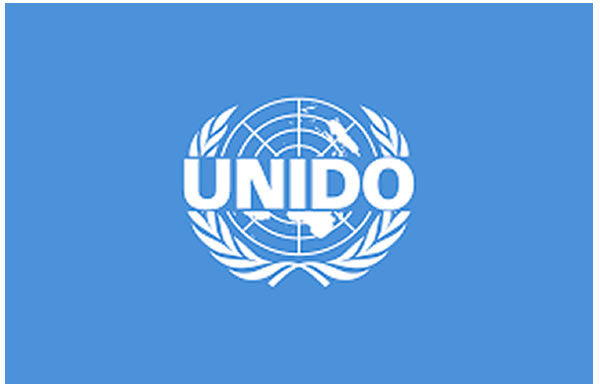MultiChoice Announces a Training Programme to Improve the Content Quality for African TV

Multichoice has introduced a brand-new training program to transform the African TV industry, elevating professional competencies and raising the standard of content for viewers throughout the continent.
MultiChoice, local television stations in several African countries, and the MultiChoice Talent Factory, the company’s industry-development and training program, will work together on the effort.
Fhulufhelo Badugela, CEO of MultiChoice Africa, introduced the program extension by saying, “Our objective is to upskill production experts and to increase the caliber of productions throughout Africa.” Because more people are empowered to start projects, the film and television industries in Africa will grow rapidly. Everyone wins, including the audience.
According to Badugela, “This is an investment in the future of our sector, and investment goes beyond financial investment; it also demands skills, time, and a fundamental comprehension of the needs of the consumer.” The standard of productions in Africa will be raised, though, and that will have the biggest direct impact.
The curriculum will include masterclasses, practical training, and online learning courses. To assist in the development of talents in the various territories, MultiChoice will collaborate with regional broadcasters. Critical production skills like post-production, sound, scripting, 3D animation, and cinematography will be covered in accredited short courses.
MultiChoice can reach as many content producers as possible across the continent thanks to the program’s online learning component, which also enables working professionals to complete courses at their own speed.
Through e-learning, the program will first target 300 broadcast professionals who are already creating content in their local markets. Then, they will be able to immediately apply what they have learned to home productions.
Local broadcasters, according to Badugela, are the foundation of the television industry in any nation. “By developing the industry, we enable the creation of local jobs, enable an industry to contribute to the economy, and meet the ongoing demand from consumers for top-notch local entertainment.”
With local and worldwide business leaders, masterclasses will be held in person and streamed online. The emphasis is on designing and selecting masterclasses that are appropriate for their intended audience and cater to local requirements.
Badugela remarked, “We have seen the effects investments can have. “We conducted a training session in Zimbabwe to aid in the creation of fresh local entertainment channels. The new channels are of exceptional quality, and the market has greatly expanded in terms of new products and the caliber of Zimbabwean filmmakers.
Specifically in developing African TV markets, Badugela predicted that the African training initiative would lead to more productions with higher production quality, which would increase viewership and the industry’s financial viability.
She remarked that by enhancing the abilities of our TV professionals, consumers will have more options and opportunities to see themselves represented in the programming they watch. For African audiences, it’s about providing high-quality African material.







